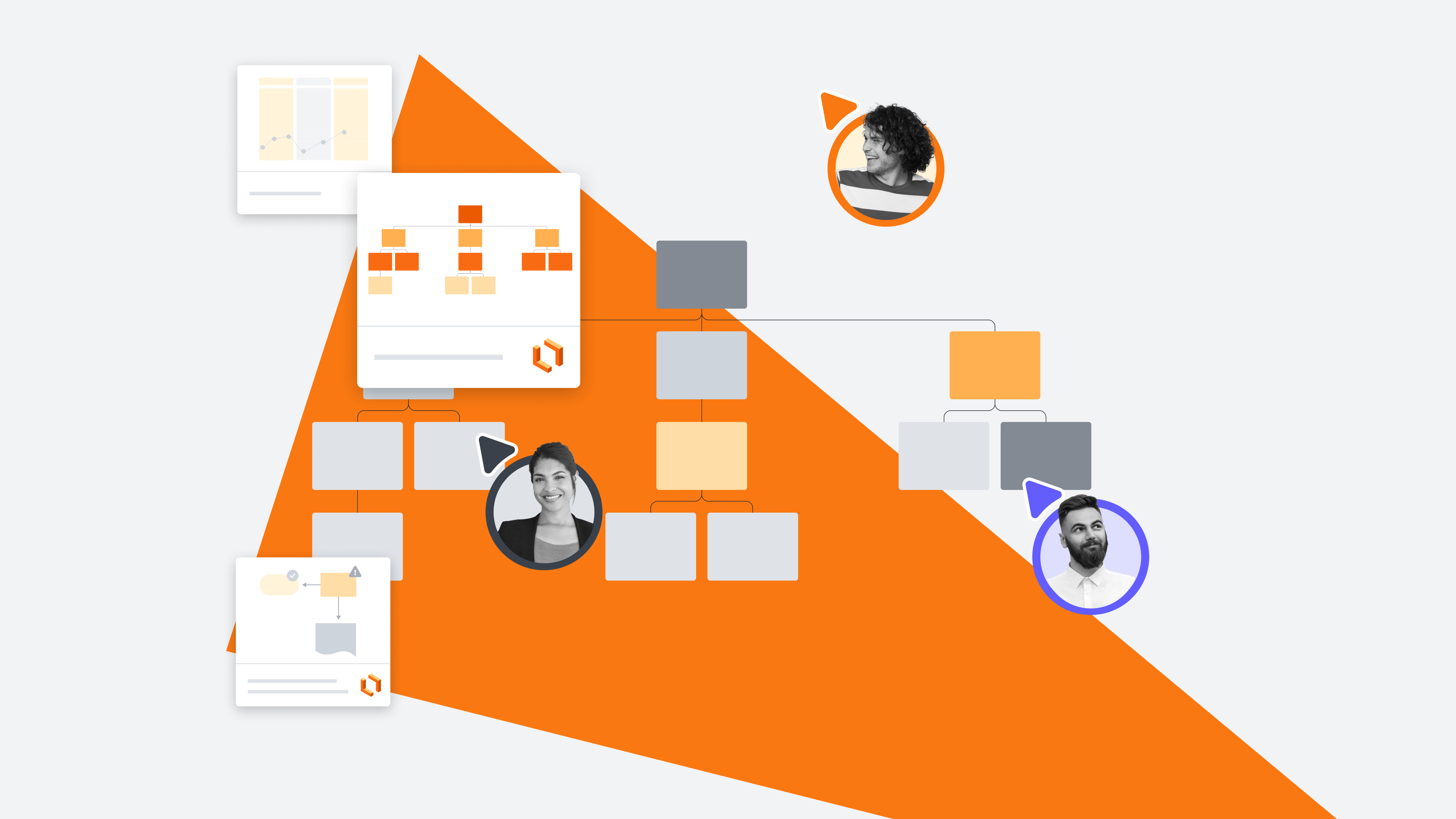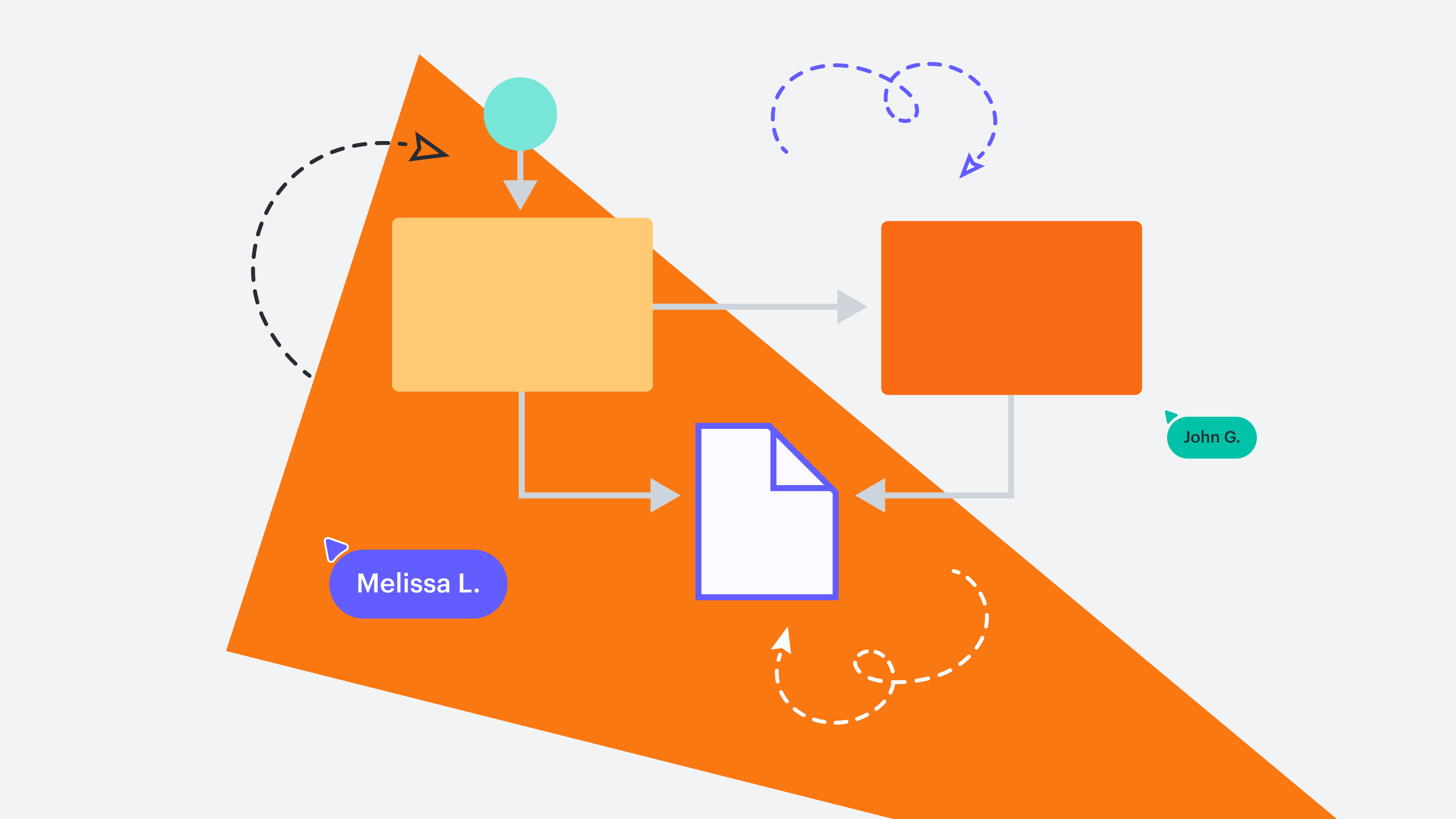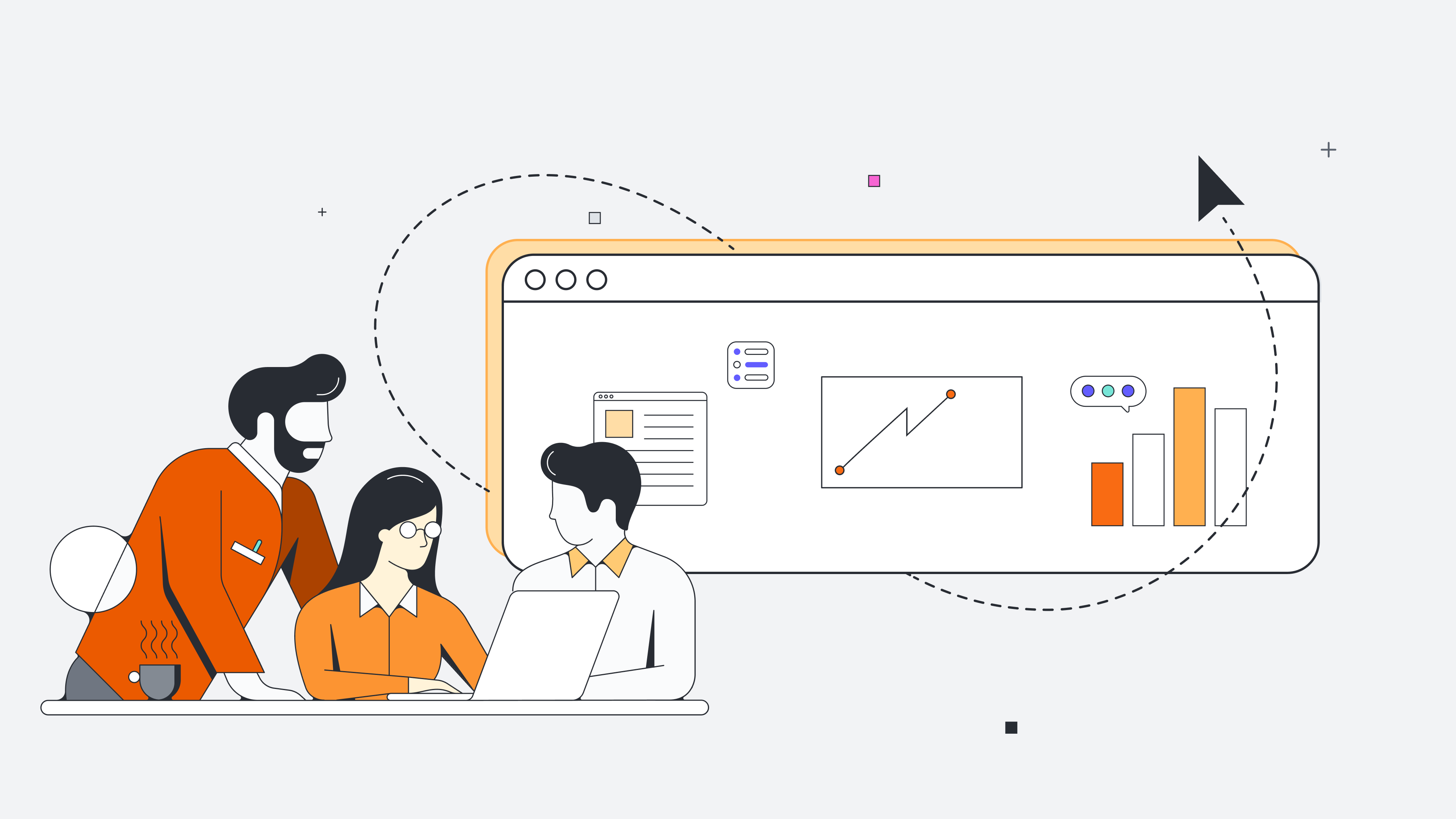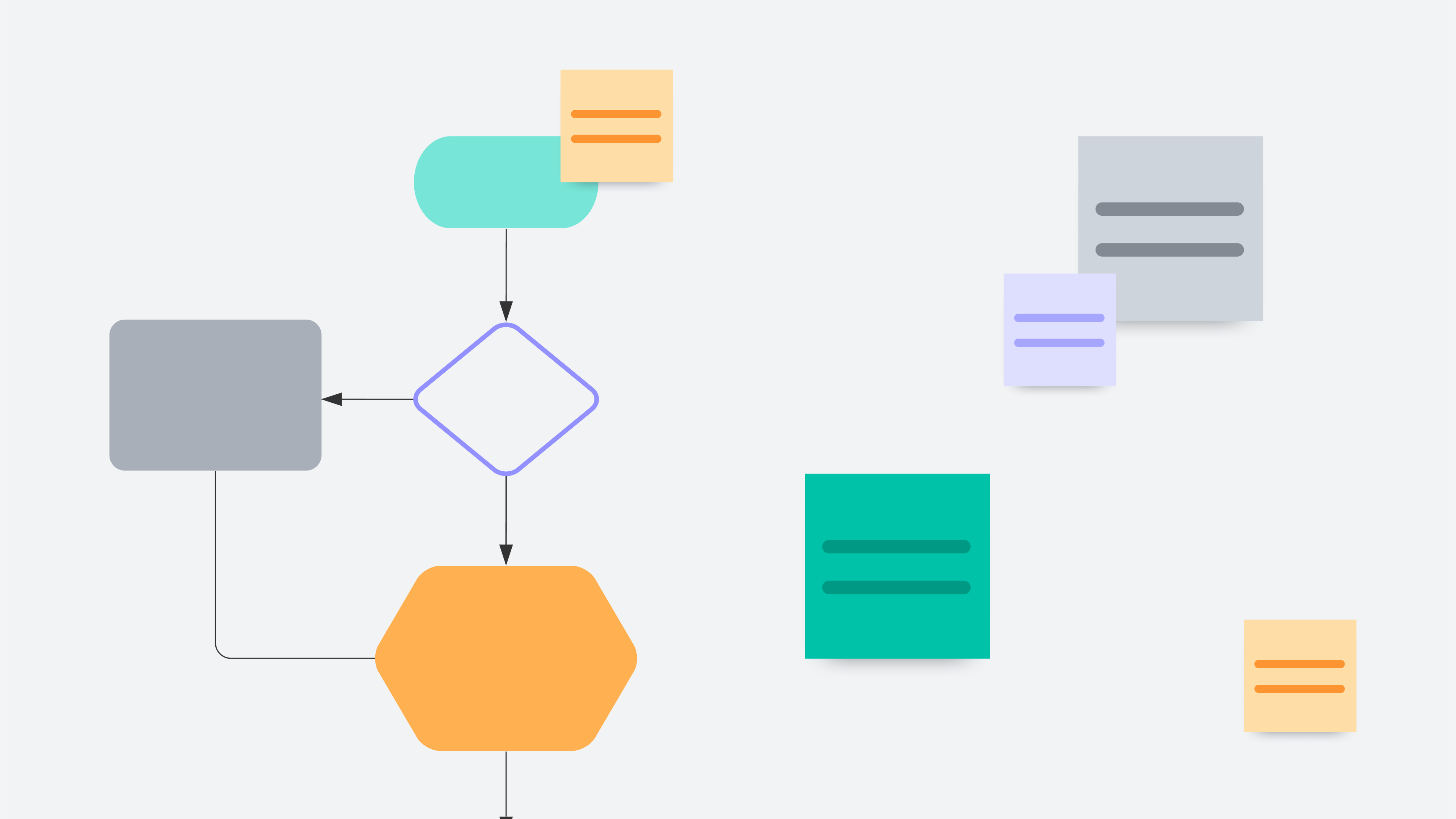Blog
Popular now
 Lucidchart tips
Lucidchart tipsLevel up your spreadsheets with Lucid
Spreadsheets can be complex, but Lucid enables you to use them in a better way with dynamic features and capabilities.Read more
 Diagramming
DiagrammingHow to make an org chart that’s more engaging and interactive
Lucid simplifies org charts, with features and tools that make them interactive, organized, and easy to maintain.Read more
 IT and Engineering
IT and Engineering4 common IT problems that Lucidchart solves
In this article, we’ll explore four common problems IT professionals face and how to mitigate them using Lucid.Read more
 Diagramming
DiagrammingHow to insert diagrams in Google Docs
Need to create a flowchart or Venn diagram in Google Docs? With our Lucidchart add-on, you can easily insert diagrams and make your documents visual.Read more
Powerful clarity for dynamic professionals
Learn how to bring teams together and build the future through intelligent visualization of people, processes, and systems.
All about hub-and-spoke diagrams (+ template to make your own!)
Learn the value of hub-and-spoke diagrams and how to make them. Includes a template to get started!
Topics:
How to do a Gemba Walk for process improvement
Learn how you can use a Gemba Walk for process improvement with a complete Gemba Walk checklist and explanation.
5 types of architecture diagrams
Let’s discuss the different types of architectural diagrams and the purpose that each serves.
Topics:
Process vs. procedure: the secret to seamless collaboration [+ flowchart]
This article clarifies process vs. procedure and gives examples of both. Plus, we’ve included a free flowchart!
Topics:
5 tips for clearly mapping incident management flows for IT teams
This article will share tips and templates for IT teams to confidently map their incident management process.
Topics:
A guide to IDEF diagrams
Learn what IDEF diagrams are and their benefits. We’ll also share free IDEF templates that you can use with your team.
Topics:
Level up your spreadsheets with Lucid
Spreadsheets can be complex, but Lucid enables you to use them in a better way with dynamic features and capabilities.
Topics:
How to make an org chart that’s more engaging and interactive
Lucid simplifies org charts, with features and tools that make them interactive, organized, and easy to maintain.
Topics:
4 common IT problems that Lucidchart solves
In this article, we’ll explore four common problems IT professionals face and how to mitigate them using Lucid.
Topics:
6 Salesforce templates for finance teams
In this article, we share a roundup of the six Salesforce templates for the Financial Services Cloud.
Topics:
How to insert diagrams in Google Docs
Need to create a flowchart or Venn diagram in Google Docs? With our Lucidchart add-on, you can easily insert diagrams and make your documents visual.
Topics:
What is a QBR in business?
QBRs keep customers and stakeholders engaged and invested. Learn what a QBR is and get free templates to hold your own.
Topics:
